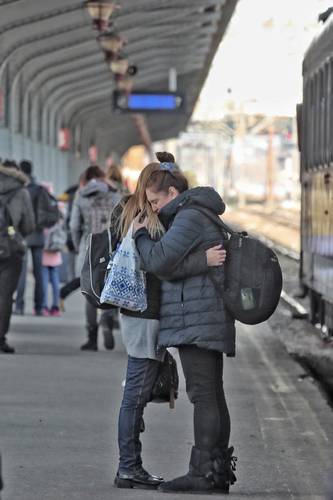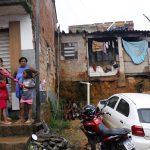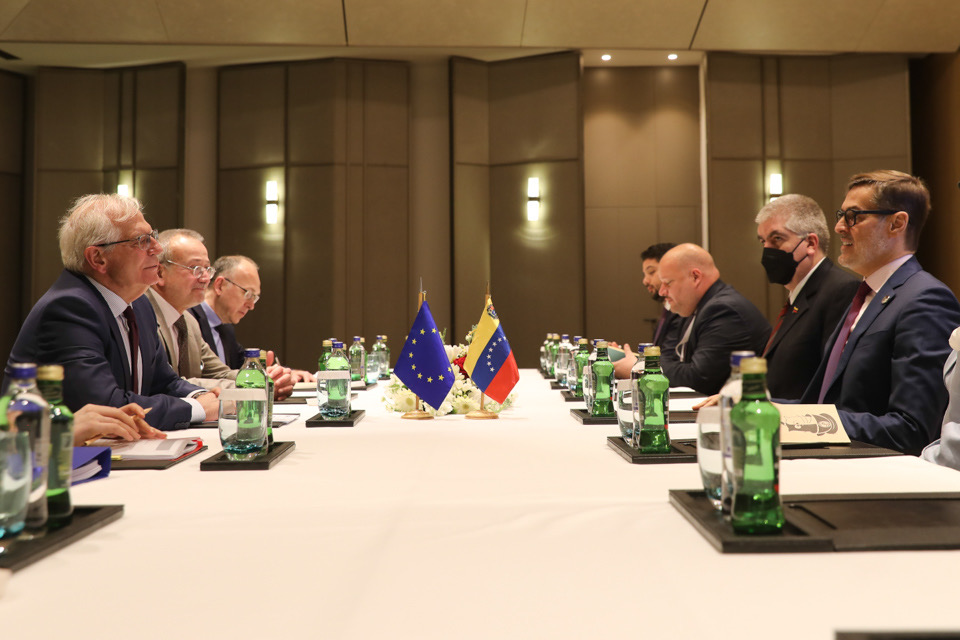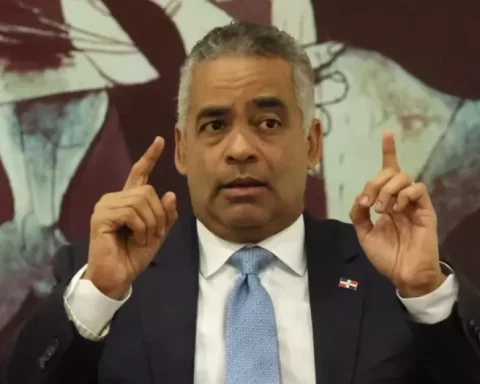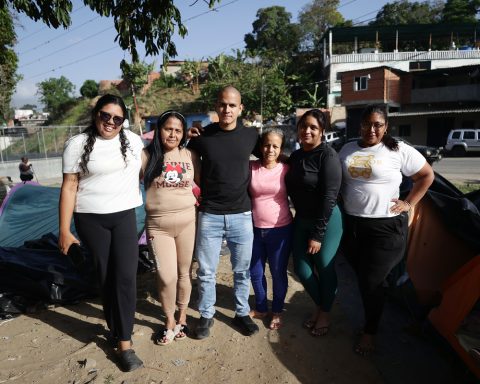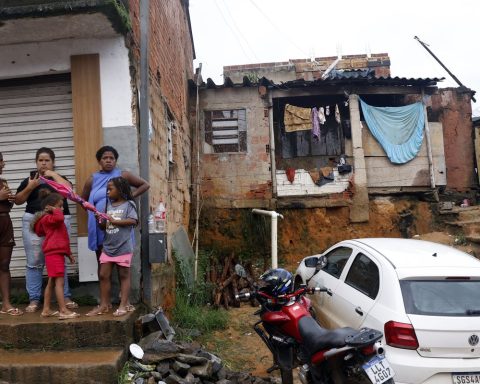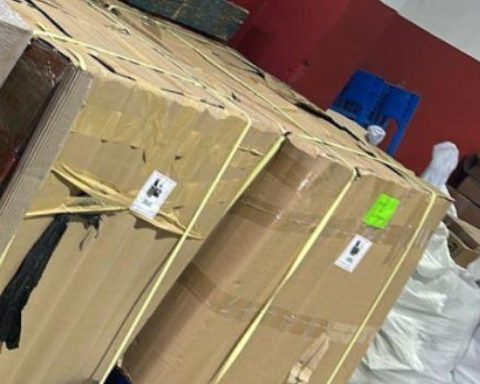Emir Olivares Alonso
Sent
Newspaper La Jornada
Monday, March 14, 2022, p. 4
Bucharest. When Anzhela Gordienko crossed the Ukrainian-Romanian border she was heartbroken. Getting to safety she had a high price: leaving her homeland. Although the hardest thing, she says, was leaving her father and her brother, both at the age of being recruited for combat against the Russian invasion.
Anzhela, 27, is one of the Ukrainians who will board the second plane sent by the Mexican government to rescue people who have fled from the conflict regions and who in one way or another have a relationship with our country.
Saying goodbye is something I didn’t want to do. It was a very tough decision. I can not explain it, something harmful. Leaving all my people, my family, and understanding that I can’t help at all is painful. I was only able to leave the country to try to save myself
he says in an interview with La Jornada.
She is married to Ismael Torrentera, a 39-year-old from Tlaxcala who migrated to Ukraine eight years ago to resume his life project. He spoke to this newspaper remotely on February 24, the day the invasion began, and then he assured that they would not leave the country.
Today everything has changed. They know what war is, they lived that terror
for eleven days sheltered in his apartment in Kiev: the permanent fear; the unexpected howls of the sirens that warn of possible bombings; hiding in dark, uncomfortable, dank and stinking basements and, above all, the emotional instability that an emergency crisis of this magnitude causes.
Anzhela was reluctant to run away, she knew the pain it would entail, and Ismael accompanied her in that trench. The woman decided because her father – after several Russian attacks – begged her to leave the country and take her mother with her. It was as if someone had come to my land and destroyed everything
.
This family looked for every possible way to get out. They received the support of the Mexican embassy in Ukraine and, aboard a truck in which several other people were traveling, they undertook the journey that millions have made: moving to one of the western border points. They crossed on March 8.
War is terrible. When you see your family in danger, fear, alarm, uncertainty come. Enter a fear for your life. Hearing a siren for the first time disturbs you and you are constantly alert that at any moment (a bomb) could fall on you. We did not get to see the most terrible part of this story, but what we lived with was enough to change our minds and better run away
confesses Ishmael.
Anzhela and her mother will travel to Mexico. The idea doesn’t make them happy, but at the moment it’s her only option. Despite everything, she maintains the hope of returning and finding her country on its feet. It’s the only thing on my mind
.
▲ The North Railway Station in Bucharest, Romania, is the scene of moving farewells.Photo Marco Pelaez
Mitzy is Ismael’s niece and came to Kiev six months ago in search of a new life project. What little she built in this short time has disappeared. She reproaches that there are still people who trivialize the war. “In Mexico there is no idea of this. Seeing the tanks, hearing the first explosions, it was horrible. We took refuge in the bathroom – the central structure of the apartment – or in the basement and I trembled with fear. We didn’t know what to do, what could happen. I had heard news from Syria, from Palestine, but it is only understood until you live it. You expect the worst to happen, ”says the 29-year-old, who will also return to Mexico.
The Mexican government has arranged two flights to repatriate Mexicans and their families as part of the Rescue Mission. The first returned to our country on March 4 with 81 evacuees: 44 Mexicans, 28 Ukrainians, seven Ecuadorians, a Peruvian and an Australian, as well as a dog. The second will take off from Bucharest on Tuesday and is expected to carry about 60 people.
2.7 million refugees
The United Nations High Commissioner for Refugees (UNHCR) yesterday updated the number of Ukrainian refugees as a result of the war. He estimated nearly 2.7 million in this condition. More than half have fled through Poland, one million 655 thousand 503; 246,206 to Hungary, 195,980 to Slovakia, 105,897 to Russia, 104,929 to Moldova, 84,671 to Romania, in addition to 304,156 to other European countries and 938 to Belarus.
In the Gara de Nord (north train station) in Bucharest, the images of the crisis continue: children, women and the elderly take shelter and try to comfort themselves in the shelters set up in this station.
Alexei, 72 years old, rested in one of the transit shelters arranged in this railway station. Together with his wife, Tatiana, he remained silent, only observing the comings and goings of the displaced. His face was expressionless. They left Kharkov several days ago, one of the cities hardest hit by Russian attacks. He is very sick, but he can’t take care of himself. For now, the important thing is to flee.
On a mat on the floor, a woman tries to comfort her young daughter. They play, they laugh, they hug. It is an attempt to forget the dangers in Ukraine and the odyssey that has brought them here. Her husband stayed to fulfill the war obligations required by his country. They only make a stop in Bucharest and then go to Vienna, Austria, where relatives are already waiting for them.
